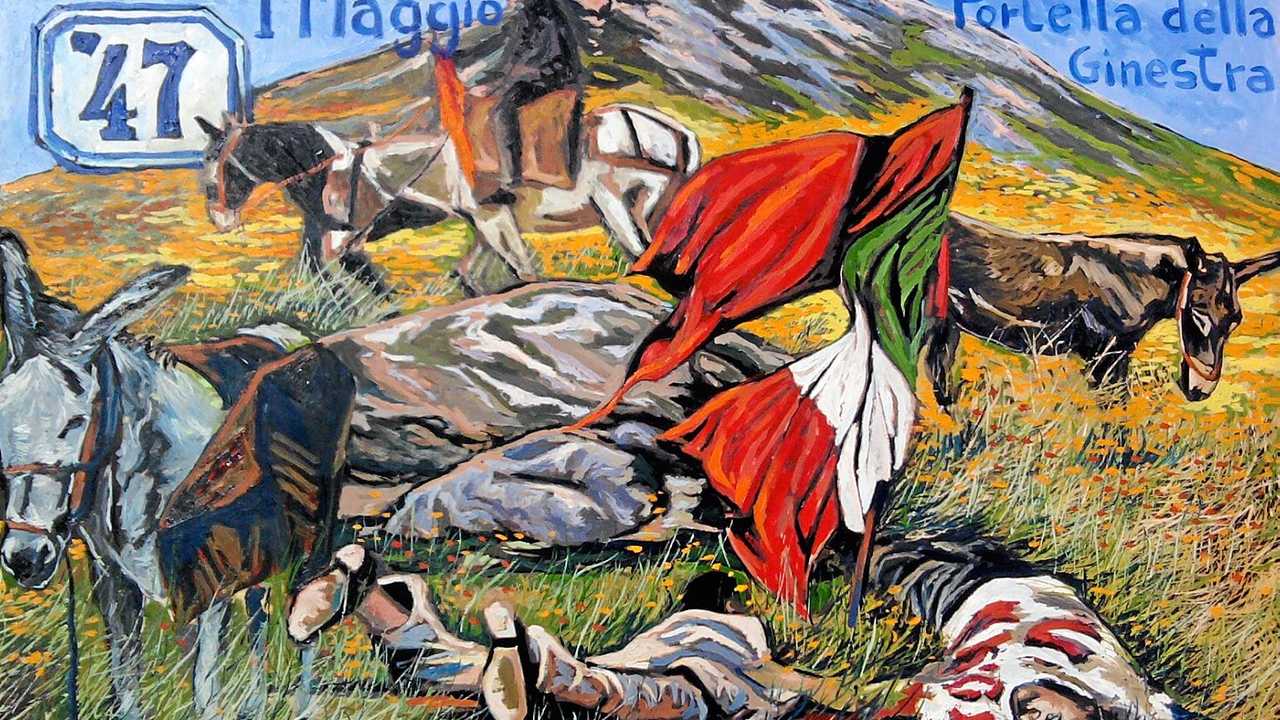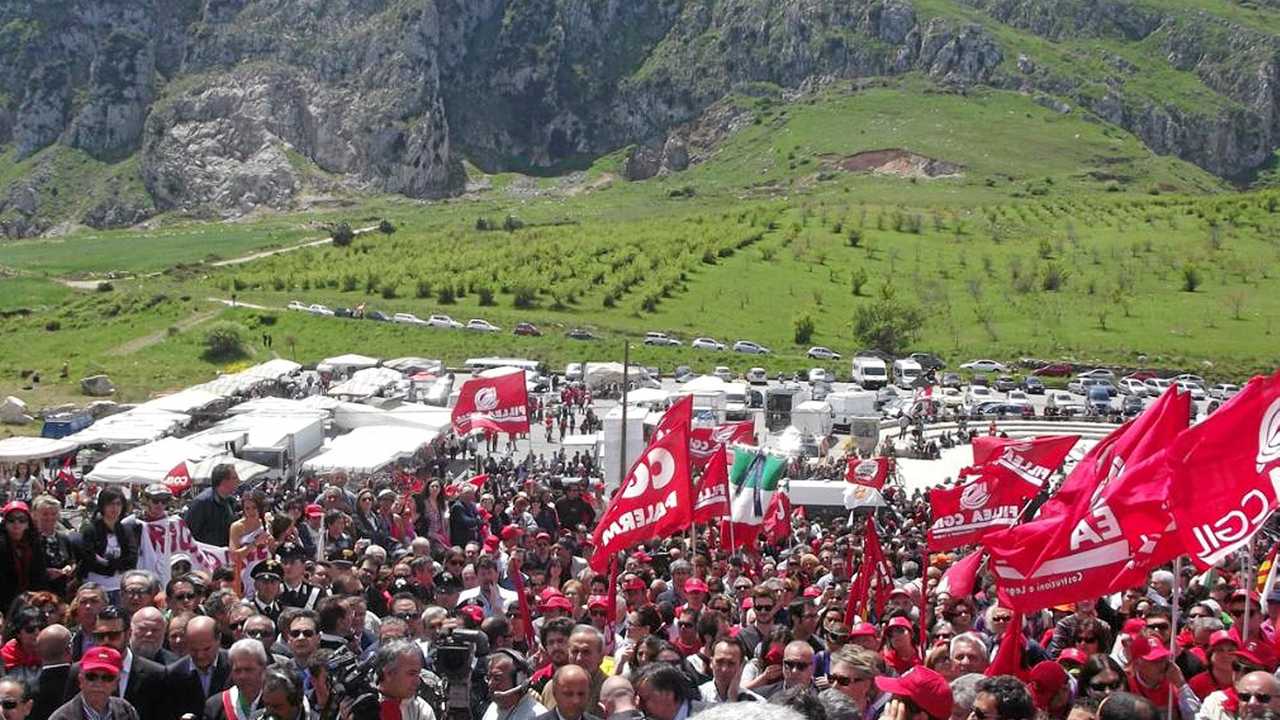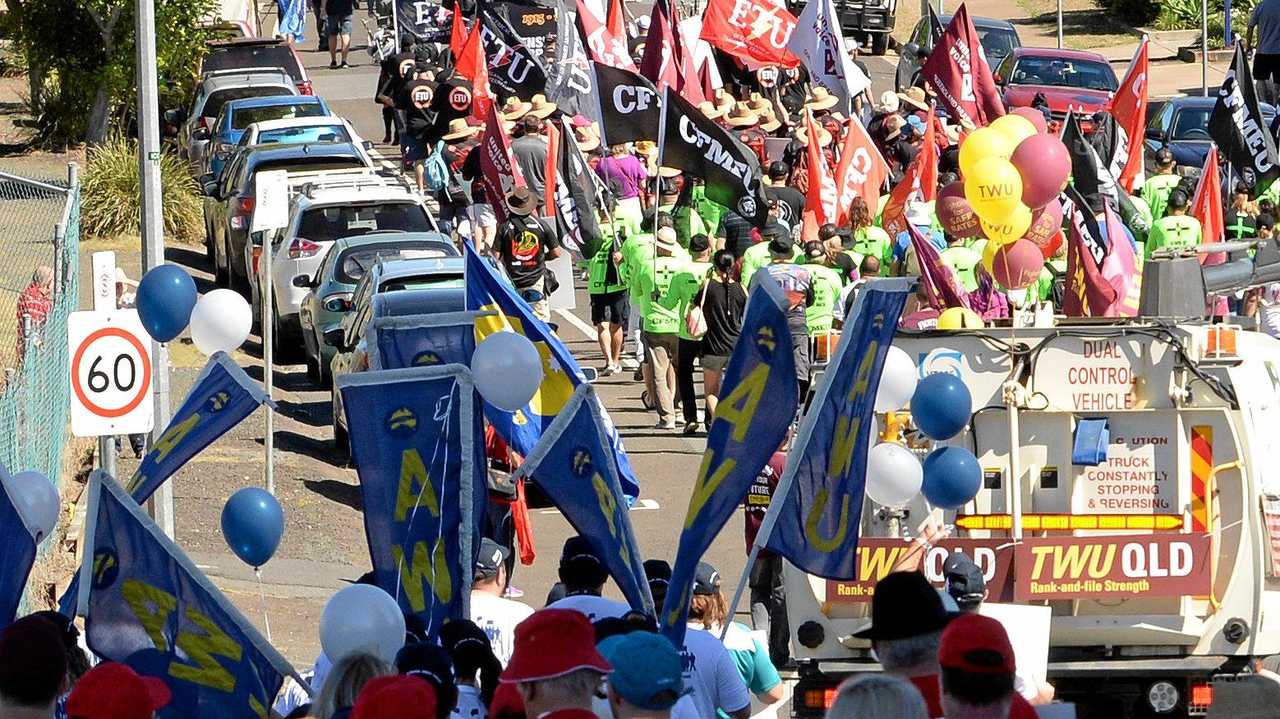Massacre 70 years ago teaches us plenty about Labour Day
Workers should never forget the sacrifices of the past to win rights

Ipswich
Don't miss out on the headlines from Ipswich. Followed categories will be added to My News.
THE SIGNIFICANCE of May 1 in the history of working people gaining hard won rights should not be forgotten.
While the Labour Day marches throughout Australia in recent days have been no doubt peaceful affairs it has not always been thus.
For those who work an eight-hour day in the 21st century, it is worth considering the blood, sweat and tears of those who fought hard around the globe to ensure those rights were enshrined, although often not observed by some corporations, in workplace agreements.
Today marks the 70th anniversary to the day of the Portella della Ginestra massacre in Sicily when 11 people, including four children, were killed during May Day celebrations.
While a bandit by the name of Salvatore Giuliano was held responsible, it has long been suspected by scholars that a mafia , anti-communist and US intelligence hand was behind it.
The history of the battle between the left and right side of politics in Italy over the subsequent half century is one that we in Australia cannot imagine, with parties aligned with the workers having numerous members of their leadership murdered.
A quarter of a century after the May 1, 1947, massacre, an Italian parliamentary commission ruled that the key players and motivations behind the killings would forever be cloaked in mystery.

May 1 had earlier been chosen as International Workers Day by the Second International, an amalgamation of socialist and communist parties of the world, when it called on trade unions across the globe to demonstrate with gusto for the legal establishment of the eight-hour-day.
The day was chosen to mark a massacre in Chicago in 1886 on May 4 when at least 11 people were killed when a bomb was thrown into a peaceful rally that was supporting workers striking for an eight-hour day. Several workers had been killed by police the previous day, leading to the march.
What can we learn from this today?
Plenty, really.
Instead of working 12-hour-plus days with no holidays, working people now have conditions that those living a century ago could not have imagined.
The trade union movement globally has won the rights we have today but it has come at a cost.

That is why it would be foolish to imagine that those rights will continue to exist without a fight.
The battle for workers to keep their penalty rates in recent times is a case in point.
It is fair to say that those who forget the lessons of the past will have no future.
Originally published as Massacre 70 years ago teaches us plenty about Labour Day






